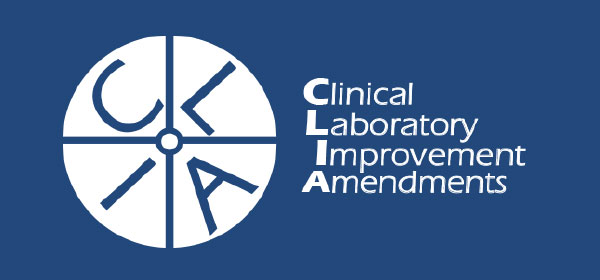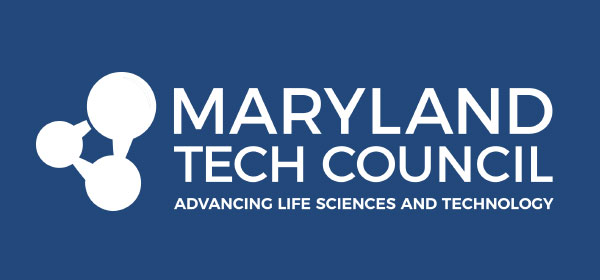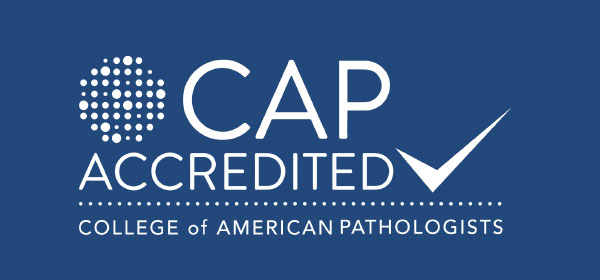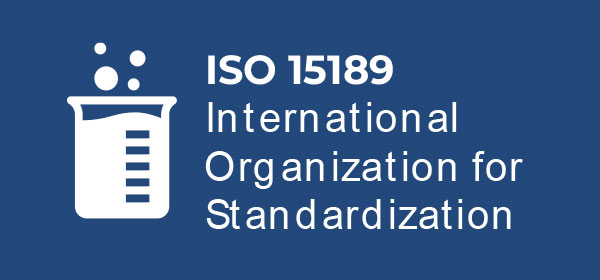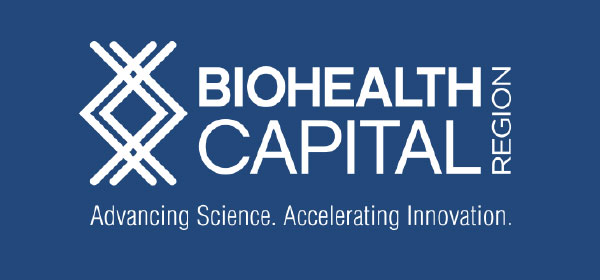
J. Kim, E. Thiruppathi, R. Djidotor, A. Ali, T. Dielmann; TrilliumBiO, Rockville, MD, United States.
T. Ardiles; Grifols, Los Angeles, CA, United States.
Introduction:
Alpha-1 antitrypsin deficiency (AATD) is a genetic disorder linked to significant lung and liver disease. It is characterized by reduced serum alpha-1 antitrypsin (AAT) levels. AATD results from mutations in the SERPINA1 gene, which encodes the AAT protein [1]. Early diagnosis is critical for effective disease management and intervention. There are over 200 known SERPINA1 variants; however, most commercial laboratories identify only two common allelic variants (S and Z) and five associated genotypes (MS, MZ, SZ, ZZ, SS) [2].
The AlphaID™ screening program includes the AlphaID™ Confirm and the AlphaID™ Buccal test (Grifols, USA). AlphaID™ Confirm uses dried blood spot (DBS) specimens to detect SERPINA1 variants, along with serum AAT quantification. In contrast, the AlphaID™ buccal test utilizes buccal swab (BS) specimens to screen for AATD. Both tests detect 12 additional allelic variants not identified by traditional SERPINA1-targeted genetic tests. This study aimed to assess the frequency and associated serum AAT levels of SERPINA1 variants identified by the AlphaID™ screening program within a large, nationwide cohort and to evaluate the added diagnostic advantages of screening for the 12 additional allelic variants.
Methods:
A total of 205,632 participants enrolled in the AlphaID™ screening program, comprising 148,225 individuals in the AlphaID™ cohort and 57,407 individuals in the AlphaID™ Confirm cohort. Specimens were collected through physician-initiated submissions from across the contiguous United States. All participants provided buccal swabs or fingerstick blood (for DBS) samples for subsequent analysis. Genomic DNA was extracted from BS and DBS specimens using in-house validated laboratory protocols. Genotyping was performed utilizing an FDA-cleared AAT genotyping assay (Progenika Biopharma, Spain), which detects 14 clinically relevant allelic variants of the SERPINA1 gene. Quantitative measurement of serum AAT levels was conducted on DBS samples using immunoturbidimetry. AAT levels were analyzed in the context of genotypic data to identify individuals with severe deficiency using the putative threshold of 57 mg/dL [3].
Results:
In the Confirm cohort, a total of 36 abnormal AAT genotypes were identified, with 31 genotypes exclusive to the AlphaID™ testing. In the AlphaIDTM cohort, 38 abnormal genotypes were detected, 33 of which were exclusive to AlphaID™ (Table 1). Five commonly tested genotypes accounted for the majority of cases, comprising 97.6% of the Confirm cohort and 98.7% of the AlphaIDTM cohort. AlphaID™ testing enabled the detection of an additional 1.3% and 2.4% of genotypes in the Confirm and AlphaID™ cohort, respectively, beyond what is typically captured by standard testing (Table 1). Notably, AlphaID™ Confirm testing identified abnormal genotypes associated with AATD in 15.0% of individuals with intermediate deficiency and 4.0% with severe deficiency. Among these, 7.2% of intermediate and 7.7 % of severe cases would have been missed using conventional testing methods. These findings highlight the advantages of the AlphaID™ program in detecting clinically relevant, less common SERPINA1 variants.
Serum AAT concentrations were analyzed across different SERPINA1 genotypes to evaluate genotype-phenotype relationships and to exclude samples with values below the analytical limit of quantitation (LOQ <20 mg/dL) (Table 2). The M/M genotype (n = 44,285) exhibits the highest mean A1AT concentration (165.0 mg/dL), serving as a reference for normal levels. In contrast, the deficiency-associated genotypes such as M/Z (n = 4,328), S/Z (n = 387), and Z/Z (n = 157) showed progressively reduced mean concentrations of 109.5 mg/dL, 73.5 mg/dL, and 49.6 mg/dL, respectively, consistent with established patterns of intermediate to severe AATD.
Rare genotypes involving null allele, M/M malton (n = 29) and M/Q0 west (n = 11) also demonstrate mean AAT levels of 95.6 mg/dL and 87.9 mg/dL, respectively, consistent with the loss-of-function effect of these alleles. Additionally, M/Q0 variants, Clayton, Bellingham, Granite Falls, exhibit reduced A1AT levels, with some falling in the severe deficiency range (Table 2). While these rare variants are limited by small sample sizes (n ≤ 10), their consistently low A1AT concentrations support the association with significant functional impairment. These findings underscore the importance of identifying and characterizing null alleles and rare compound heterozygous combinations, which may contribute to clinically significant AATD even in the absence of common deficiency genotypes.
Conclusion:
The expanded genotype testing highlights the diagnostic value of the AlphaID™ Screening Program. It enables detection of both common and rare SERPINA1 variants, many of which may be missed by conventional genotyping methods. The inclusion of rare, clinically significant compound heterozygotes and null alleles supports the utility of the AlphaID™ Screening Program in identifying individuals at risk for Alpha-1 antitrypsin deficiency. This broader detection capability supports more accurate diagnoses and promotes earlier clinical intervention.
References:
- Barker, M. Brantly, E. Campbell, R. Carrell, D.W. Cox, A. Dirksen, J.A. Dodge, M.A.F. El-Hazmi, S. Eriksson, E.K. Ginter, N.G. McElvaney, A. Mehta, A. Propst, R. Sandhaus, G.L. Snider, R.A. Stockley, J.K. Stoller, I.C. Verma, J. Walsh, Wencker, N.P. Napalkov, M. Tsechkovski, V. Boulyjenkov, C.-C. Heuck. Alpha1-Antitrypsin deficiency: Memorandum from a WHO meeting. Bulletin of the World Health Organization 1997, 75 (5): 397-415
- Aboussouan LS, Stoller JK. Detection of alpha-1 antitrypsin deficiency: a review. Respir Med. 2009 Mar;103(3):335-41. doi: 10.1016/j.rmed.2008.10.006. Epub 2008 Nov 17. PMID: 19013782.
- Meseeha M, Sankari A, Attia M. Alpha-1 Antitrypsin Deficiency. [Updated 2024 Aug 17]. StatPearls Publishing; 2025 Jan-. Available from: https://www.ncbi.nlm.nih.gov/books/NBK442030/


